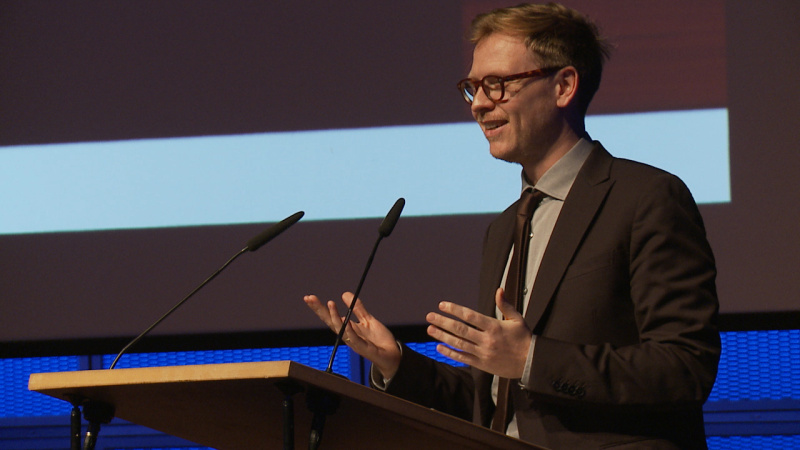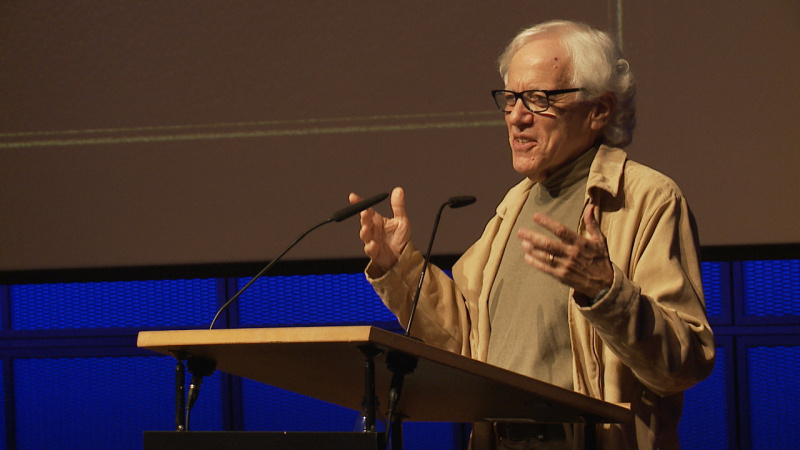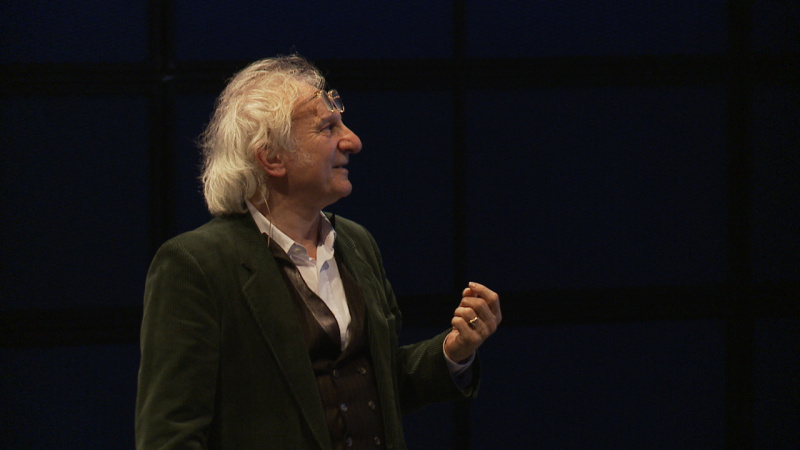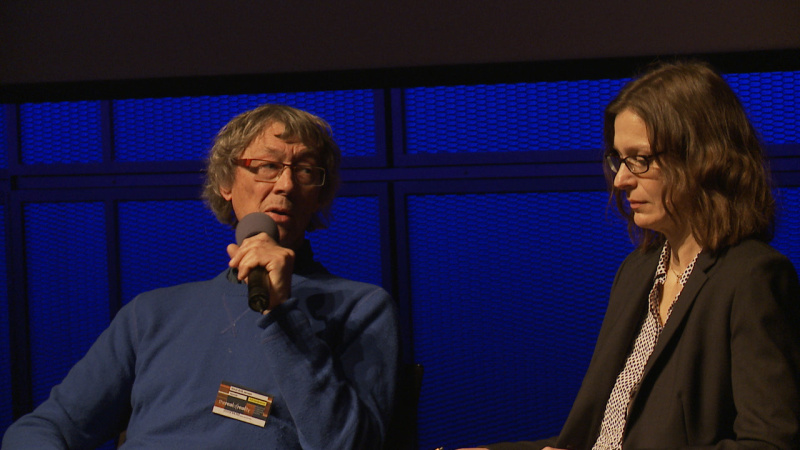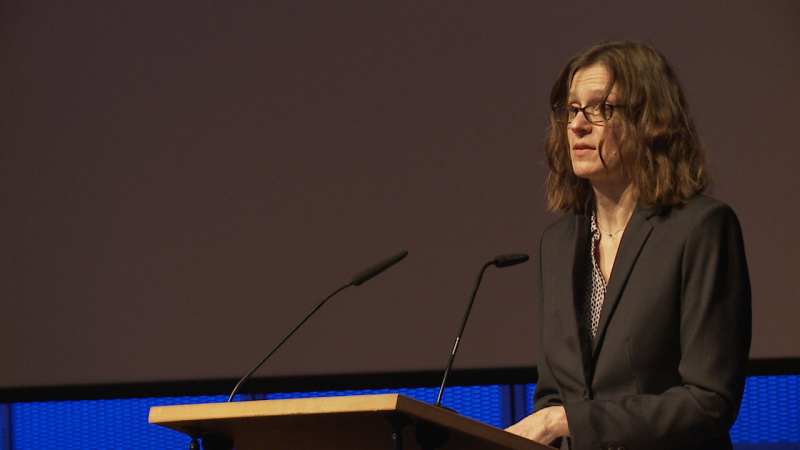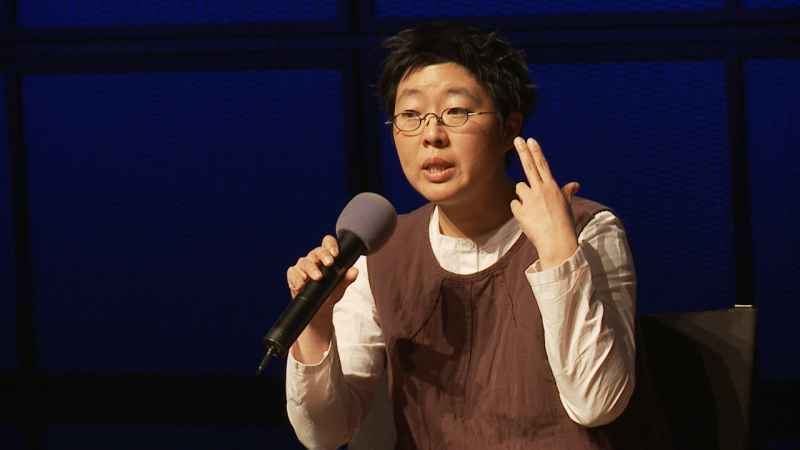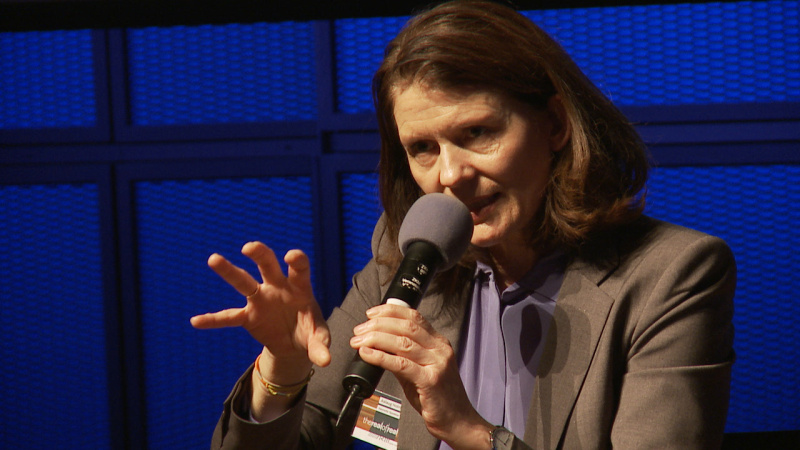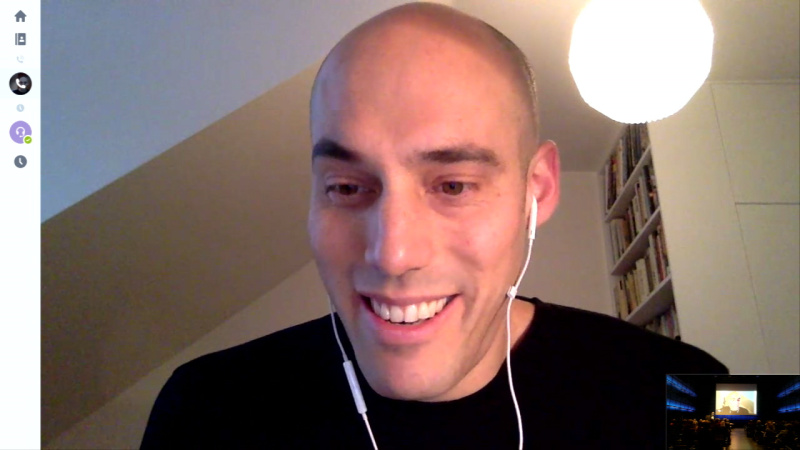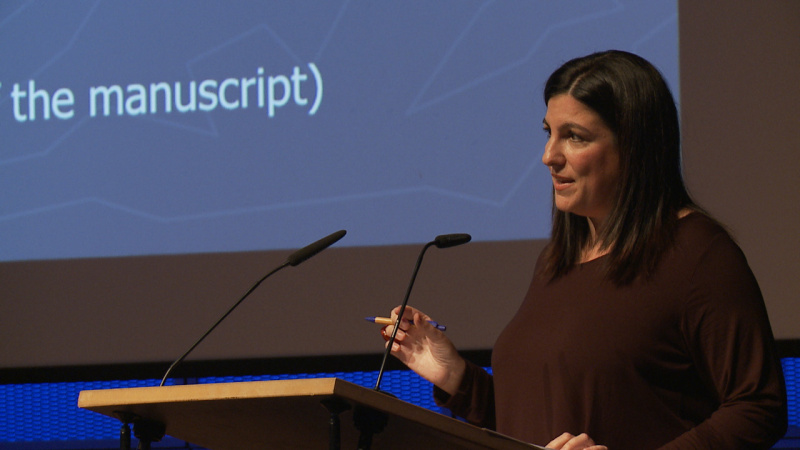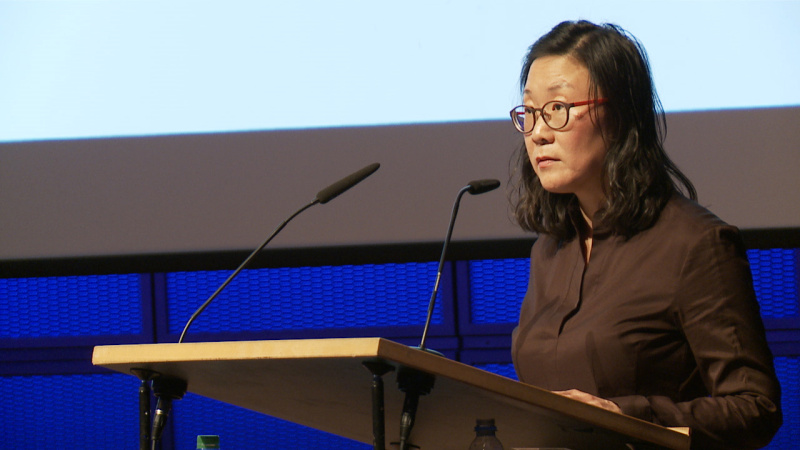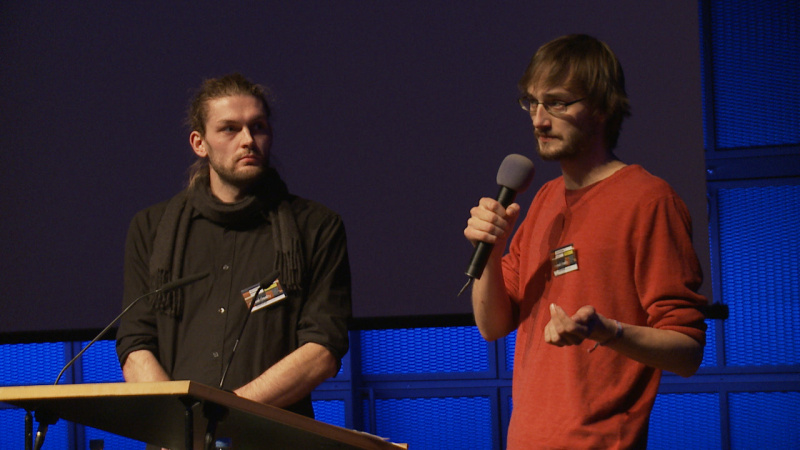Das Reale der Realität: Thorsten Botz-Bornstein
»Werckmeister Harmonies«
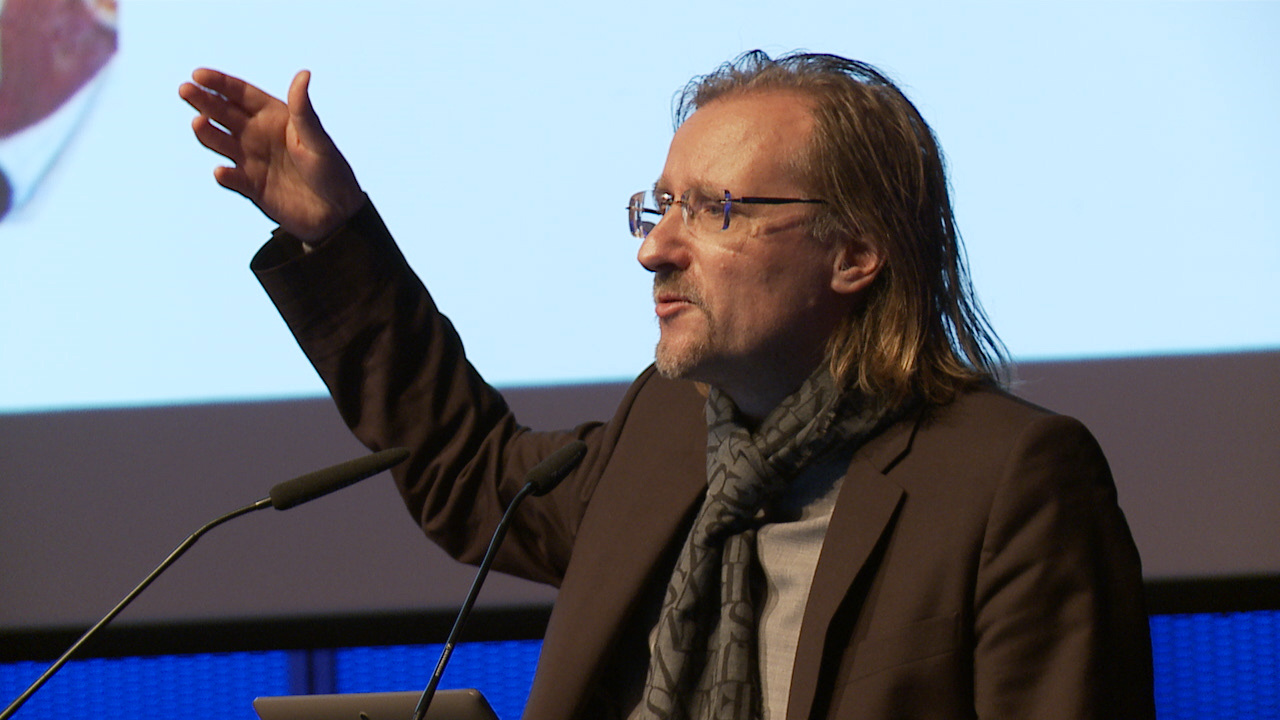
- Datum
- -
- Dauer
- 51:27
Beschreibung
In Tarr’s film »Werckmeister Harmonies« the musicologist Eszter is haunted by a question that can be seen as the theme of the film: is math real or simply imagined? It is possible to derive from this question further questions about the reality character of film. Can math be the arbiter of beauty or is there something more fundamental about beauty, which the human ear can hear but which logic and math cannot grasp? The Werckmeister Harmonies problem questions the categorical distinction between the given (nature) and the constructed (culture) and asks whether culture (in the film designated as “math”) is real.
Eszter discovers that there is a gap between math (or mathematically established music) and reality (or real music). The philosophical criticism addresses the »reality character« of geometry/math altogether. Mathematically, if one goes up seven octaves from a C (an octave defined as an interval that always doubles the frequency of the preceding note), one should end up on exactly the note that the human ear identifies as a higher C. The problem is that one doesn’t. After seven octaves, the note that we land on will be a quarter of a semitone off if measured mathematically. Is this an imperfection of the human ear, of mathematics, or of nature? Ratios that appear to exist in nature do not necessarily overlap with mathematical order. Natural laws hold the individual intervals together inside a harmonic system that might be irrational from a mathematical point of view but still needs to be accepted.
Eszter’s questions bear a strong metaphorical link with philosophical questions concerning the reality character of cinema. What is »reality« for cinema? Is it calculated beforehand (in terms of time and space) or is there an organic reality that evolves in cinema and from cinema?
Videodokumentation:
ZKM | Institut für Bildmedien
Kamera: Peter Müller
Schnitt: Frenz Jordt
Liveschnitt: Martina Rotzal

